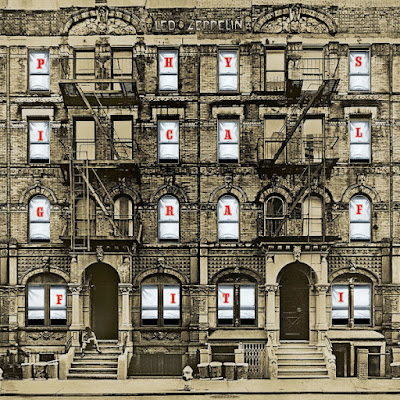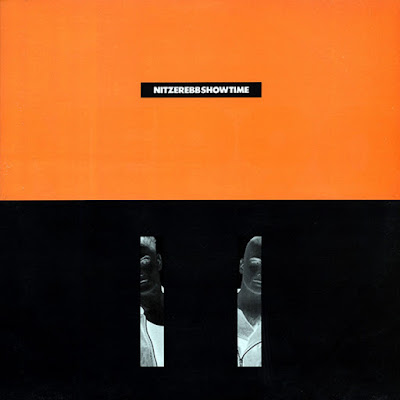It always feels a bit weird writing about the work of someone you know, though I try to limit myself to just that which actively inspires me to write something, as does this. I've known Eddy, the man behind Caution Magnetic for at least three decades and have always enjoyed his music to a greater or lesser extent, and there's a possibility that this may be his best work - at least that I've heard - so here we are. That said, I had an initial problem in being more familiar with Eddy honking away on the sousaphone somewhere to the left of a vocalist, so it took me about a week to hear beyond a voice to which I'm mostly accustomed as a vehicle for raucous observations from the other side of a pub table.
Anyway, having realised Fairground needs to be heard over speakers rather than headphones, I got there. Fairground comprises twelve songs, possibly recorded on a computer but not sounding like it, and with influences so broad that it's difficult to really pin it down to a style beyond that it reminds me of living in London. The opening track, In Heaven, starts on a sort of Belgian New Beat footing before turning Duane Eddy, and each track brings something new to the table, soulful horns and all sorts, before rallying around a general sound - bits of twang, driving beats, and even touches of dub, meaning the kind you used to hear all the time in the eighties. Once the bass takes to doing that thing against a backdrop of guitars echoing away into a distant noise, I suddenly realise I'm thinking of Jah Wobble more than anyone else, although Fairground is rockier than most of his stuff; which in turn gives me a handle on Eddy's voice which, if not quite in the Roger Daltrey mode, is perhaps comparable to Wobble with a bit more oomph, and certainly more range.
I'm not going to take a guess as to what any of the songs are about as it would feel a bit cheeky, but it's a ponderous blend of happy, sad, breezy, and all those other emotions, often at the same time which, backed by music recorded with proper welly (if that's what I mean) leaves one with an impression amounting to The The if they spent more time in the pub, less in the library. I think that's what I meant to say. It's honestly fucking good anyway, beautifully crafted and without anything obliging me to wear a smile that hurts in the name of diplomacy.







